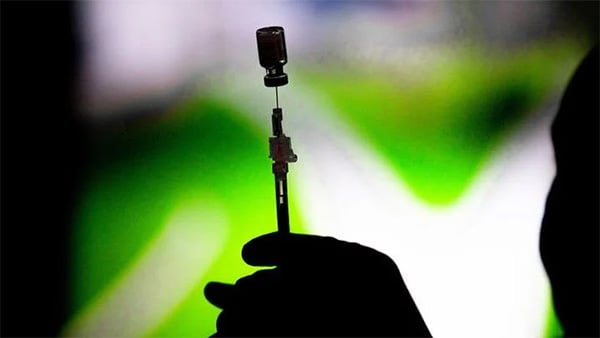By Lane Wendell Fischer
The Daily Yonder
In presidential election cycles, who should occupy the oval office can seem the most important question on the ballot. But when it comes to education, over-emphasizing the President’s role in school policy can distract from more consequential local elections and ballot measures.
Despite the fact that over half of U.S. adults say the country’s public K-12 education system is generally headed in the wrong direction, both national and state politicians are avoiding the issue on this year’s campaign trail in favor of lower-hanging fruit like immigration, abortion, and gun violence.
“It is probably the most significant thing that our presidential candidates are not talking about,” Steven Hernandez, executive director of a Connecticut education advocacy organization told the New Haven Register. “Education isn’t just a point in time issue. It is a gateway to lifelong success.”

But Peter Greene – who spent 39 years as a high school English teacher in small-town Western Pennsylvania and is now a senior contributor for education news at Forbes – told the Daily Yonder that this quieter approach may be an “evolution” in this presidential race, given that most education policy decisions are made at the state level.
Most of the Harris-Walz campaign’s plan for improving education lies in its economic plans to support working families, said Jon Valant, Director of the Brown Center on Education Policy. These economic policies include an expanded child tax credit and an additional $6,000 tax cut to support families with newborn children.
“We know that child poverty is a real contributor to educational hardships in early years,” Valant said in an interview with the Daily Yonder. “The idea would be that the benefits trickle down to kids in rural schools.”
While education also remains on the periphery of the Trump-Vance campaign, Trump’s Agenda47 and Project 2025 provide more detailed plans for federal education policy, which include shutting down the Department of Education, sunsetting Title I funding for schools with low-income students, and transitioning to a privatized education system through federal school voucher programs.
Dissolving the entire Department of Education is unlikely, Greene said, calling it a political move more than a realistic policy position.
“[Shutting down] the Department of Education has been a promise of every conservative president for 40 some years,” Greene said. “I’ll believe it when I see it.”
The larger concern, Valant said, is the higher likelihood of a Trump administration successfully redirecting federal funds away from poorer public schools and students with special education needs, as well as reducing Title IX oversight, which protects against civil rights violations on the basis of sex and gender.
“These are issues that would be immediately and strongly felt at the local level,” Valant said.
Another big issue for rural schools in this election are universal school vouchers, which allow families, regardless of their income, the ability to redirect their state’s education funding away from local public schools to pay for their child’s private education.
“You can give somebody out in the country a voucher and they can use it to go nowhere,” Greene said, describing the lack of private school options in many rural communities.
“And depending on how the state chooses to fund the vouchers, the effects can be even worse,” Greene said. “If they’re pulling money for vouchers from general education funding, then rural schools lose funding even as their families get no use from [vouchers].”
Along with Trump’s other education proposals, the success of a universal school policy at the federal level is contingent on state- and district-level races for Congress; the more Republicans elected, the more likely that a Trump administration could reduce funding and civil rights protections for rural students.
Greene said he doesn’t see a plausible future for a national voucher program. “It’s more likely, and more truly dangerous, that a Trump presidency creates an atmosphere and more federal support for voucher programs on the state level,” he said.
Even without federal support, eleven states have already enacted universal school voucher programs, with school choice on the ballot in Colorado, Kentucky, and Nebraska.
This underlines the importance of down-ballot elections and measures, Greene said. “No voucher program has ever survived a vote by the taxpayers.”
This article first appeared on The Daily Yonder and is republished here under a Creative Commons license.![]()

















